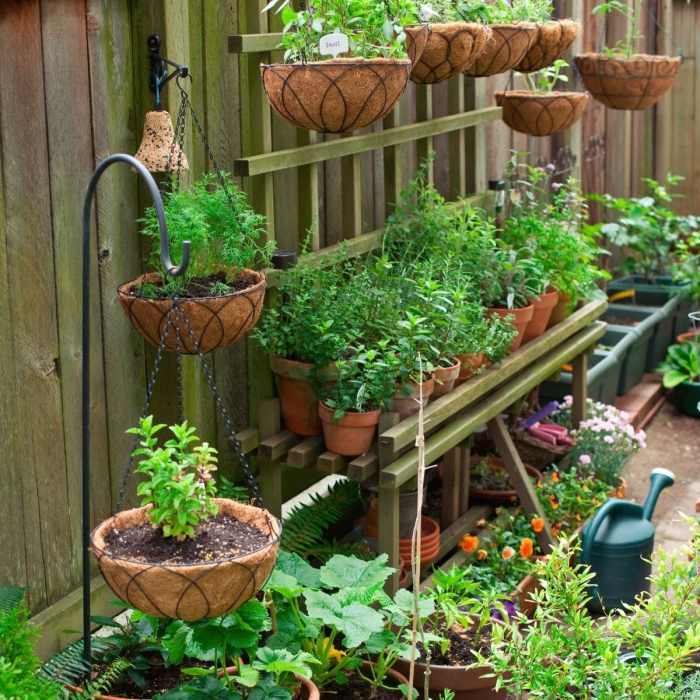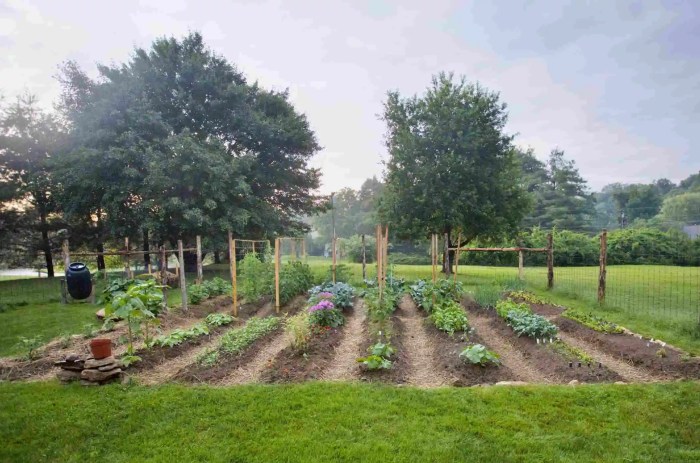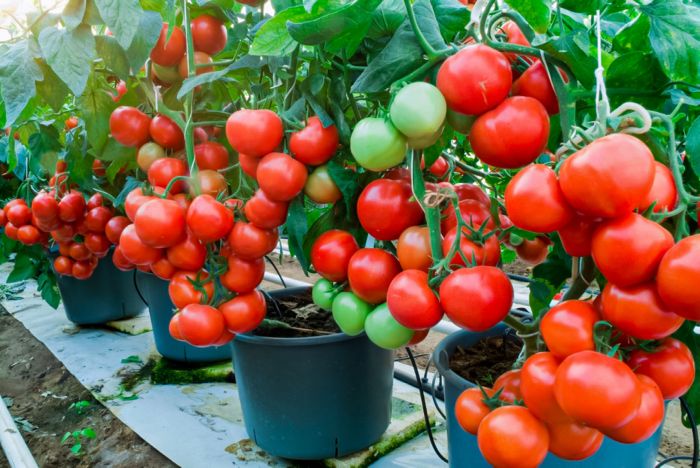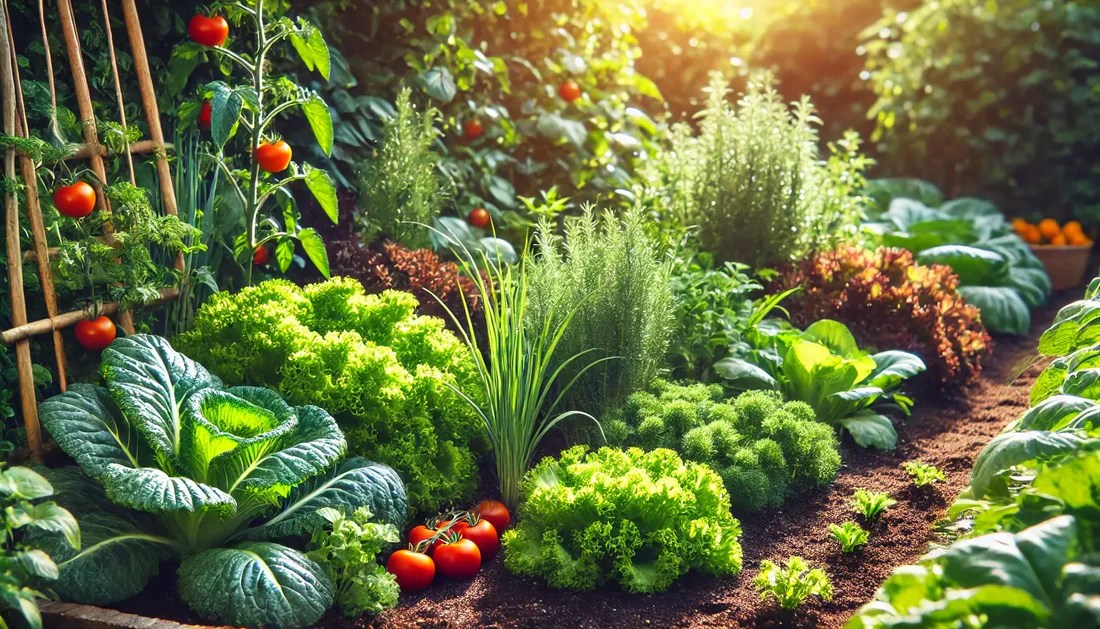Embark on your vegetable gardening journey with our comprehensive guide on How to Start a Vegetable Garden: 10 Tips for Beginners, filled with essential advice and expert tips to help you kickstart your garden.
Importance of Starting a Vegetable Garden

Starting a vegetable garden comes with a multitude of benefits that go beyond just having fresh produce at your fingertips.
Benefits of Growing Your Vegetables
- Control over pesticides and chemicals used in the growing process.
- Cost savings compared to buying organic produce at the store.
- Opportunity to grow unique and heirloom varieties not typically found in supermarkets.
How Starting a Vegetable Garden Promotes Sustainability
By growing your vegetables, you reduce the carbon footprint associated with transportation and packaging of store-bought produce. Additionally, you can implement eco-friendly gardening practices such as composting and water conservation to further promote sustainability.
Advantages of Having Fresh Produce Readily Available
- Increased access to nutrient-rich, freshly harvested vegetables.
- Convenience of picking vegetables as needed, reducing food waste.
- Opportunity to share surplus produce with neighbors, fostering a sense of community.
Planning Your Vegetable Garden

When starting a vegetable garden, proper planning is essential to ensure a successful harvest. Here are some key steps to consider when planning your vegetable garden:
Selecting the Right Location
Choosing the right location for your vegetable garden is crucial for the success of your plants. Here are some steps to help you select the perfect spot:
- Ensure that the location receives an adequate amount of sunlight, typically 6-8 hours per day.
- Make sure the area has access to water for irrigation purposes.
- Avoid areas with poor drainage to prevent waterlogging.
- Consider the proximity to your home for easy access and monitoring.
Choosing the Right Vegetables to Grow
Not all vegetables thrive in the same conditions, so it’s important to choose the right ones for your specific garden. Here are some tips for selecting the best vegetables to grow:
- Research the growing requirements of different vegetables and choose ones that are suitable for your climate and soil type.
- Consider your family’s preferences and select vegetables that you enjoy eating.
- Start with easy-to-grow vegetables like tomatoes, lettuce, and beans if you are a beginner.
- Rotate your crops each season to prevent soil depletion and pest infestations.
Designing and Organizing Your Garden Layout
Efficiently designing and organizing your garden layout can maximize space and productivity. Here are some tips to help you plan your garden layout effectively:
- Create clearly defined pathways between your garden beds for easy access and maintenance.
- Group vegetables with similar watering and sunlight needs together to streamline care.
- Consider using raised beds or containers for better soil control and pest management.
- Include trellises or cages for vining vegetables to save space and promote healthy growth.
Essential Tips for Beginners

Starting a vegetable garden can be a rewarding experience, but it’s important to follow some essential tips to ensure success. Here are some key tips for beginners to keep in mind:
Preparing the Soil
One of the most important steps in starting a vegetable garden is preparing the soil. Before planting, make sure to:
- Remove any weeds or debris from the garden area.
- Loosen the soil to improve aeration and drainage.
- Amend the soil with organic matter, such as compost, to provide essential nutrients for plant growth.
Watering and Sunlight Requirements
Proper watering and sunlight are crucial for the health and growth of your vegetable plants. Here are some general guidelines to follow:
- Most vegetables require at least 6-8 hours of sunlight per day, so choose a sunny spot for your garden.
- Water your plants deeply and consistently, ensuring the soil is moist but not waterlogged. Use a soaker hose or drip irrigation system to deliver water directly to the roots.
- Monitor the moisture levels in the soil regularly and adjust your watering schedule as needed, especially during hot, dry weather.
Managing Pests and Diseases
Pests and diseases can wreak havoc on your vegetable garden if left unchecked. Here are some strategies to help you manage common garden pests and diseases:
- Inspect your plants regularly for signs of pests or disease, such as holes in leaves, discoloration, or wilting.
- Practice crop rotation to prevent the buildup of pests and diseases in the soil.
- Consider using natural remedies, such as neem oil or insecticidal soap, to control pests without harming beneficial insects.
Conclusion

In conclusion, starting a vegetable garden is a rewarding experience that offers numerous benefits. With the right knowledge and tools, you can enjoy a bountiful harvest of fresh produce right from your backyard. Happy gardening!